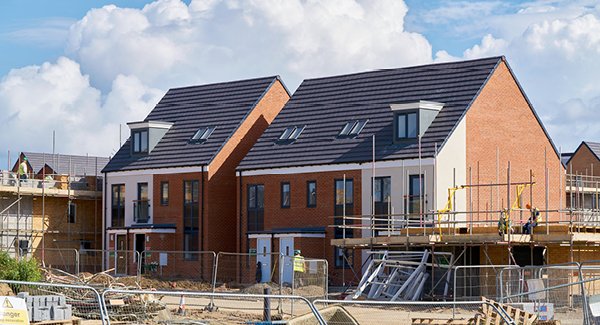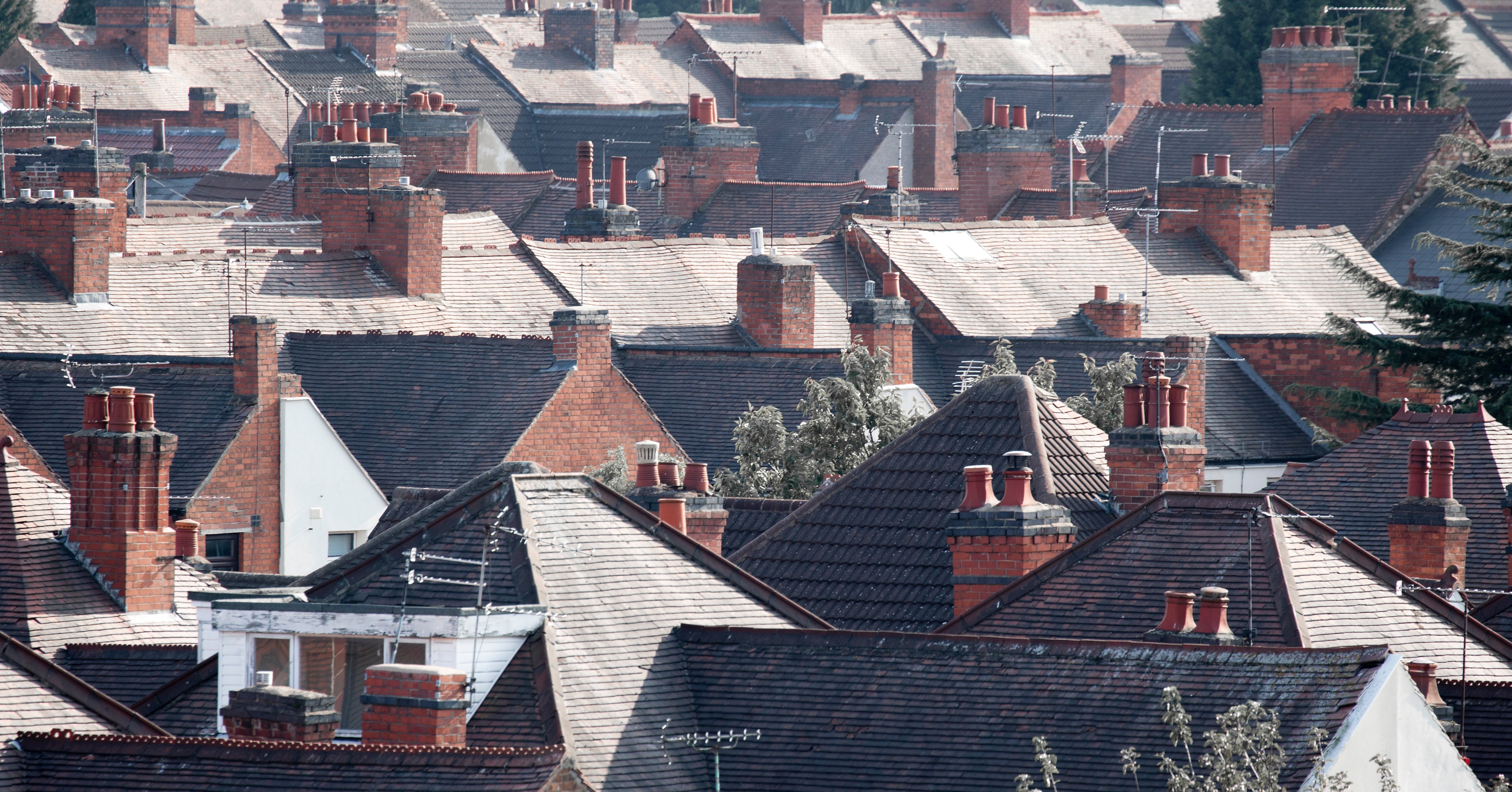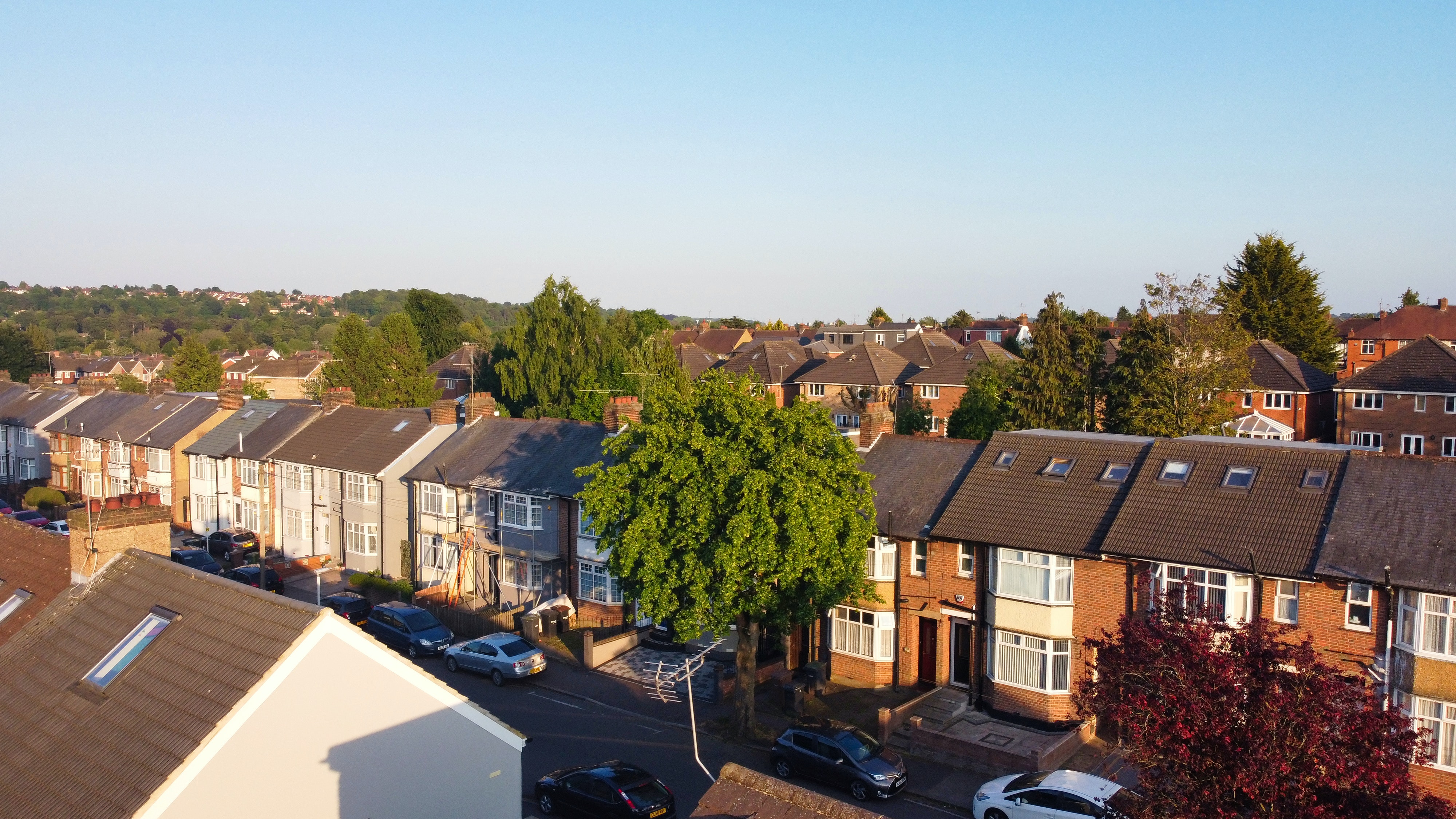The Top Complaints of Social Housing Tenants in the UK: A Comprehensive Analysis
According to the housing ombudsman’s 2022 Insight report, the final quarter of 2022 saw a 29% increase in the volume of social housing complaints and enquiries received compared to the same quarter in 2021.

Property condition was the most common type of complaint issued, with over half (51%) of all complaints relating to this. This is a 10% rise from the previous year, showing that this is a prevalent issue which isn’t going away anytime soon.
These upward-trending statistics highlight the need for reform in the social housing sector. This blog covers the most common complaint types about social housing, increasing awareness among housing associations so they can improve residential standards for their tenants.
The most common social housing complaints
Tenants may encounter a wide range of issues while renting, but most complaints fall into recurring categories.
Most residents know to contact their housing association when a complaint is necessary. However, only a few people know about the housing ombudsman and the service they can offer regarding social housing complaints. Due to this, survey results can only give us a snapshot view of the sector.
However, for those aware of how to make a complaint, we’re given a clear picture of the most pressing issues tenants encounter.
Maintenance
Statistics from the social housing residents survey report (2022) show that a fifth of residents (21%) were dissatisfied with the level of maintenance in their homes.
There are several reasons why residents claimed to be unsatisfied with the maintenance of their homes. Most commonly (55%), residents were dissatisfied with mould, damp and condensation. Additionally, 33% were unhappy with their home insulation and a further 23% took issue with the ventilation in their homes.
Electrical wiring was also an issue, with 16% claiming it to be unsatisfactory.
Safety
Another area of concern for tenants was the safety of their homes. Although most residents felt their homes were safe to live in, a small percentage stated they were dissatisfied with the level of safety.
The most common safety issues reported by tenants mirrored those who reported problems with their home maintenance:
- Mould, damp, and condensation (56%)
- Home insulation (20%)
- Ventilation (19%)
- Electrical wiring (17%)
Safety issues are a pressing concern which should be dealt with quickly and efficiently.
According to the government website, new laws are being established to help protect residents through the Charter for Social Housing Residents and the Social Housing Regulation Bill, including Awaab’s Law.
Awaab Ishak tragically lost his life due to poor living conditions in his social home. Awaab’s Law enforces strict time constraints on social housing associations to fix issues with damp and mould.
Repairs
Repairs are another issue at the forefront of tenants' minds, with around 3 in 10 (29%) of residents claiming to be unhappy with the resolution of a repair request. This is due to the quality of the repair carried out and the time taken to do it. Around 14% of residents claimed to be dissatisfied with the time taken to complete a reported repair.
Issues left unresolved can often create a knock-on effect, with further issues arising due to the damage caused by the original problem. This causes frustration for many tenants who can see the damage being caused.
Complaints and anti-social behaviour
A quarter (26%) of residents claim to have been affected by anti-social behaviour in the last 12 months and most instances were reported. However, some tenants didn’t report the behaviour as they didn’t feel reassured that their housing association would take action.
More than half of those who did inform their housing association about the behaviour were dissatisfied with the outcome and felt the situation wasn’t handled adequately.
Contact and information sharing
Regarding contact, this can be a point of contention for tenants. When the individual finds it challenging to contact their housing association, frustrations can arise.
This is particularly the case if the tenant wishes to contact their housing association to report other issues in their home.
Engagement and influence
For a tenant to feel satisfied with their current living situation, an essential factor for consideration is the engagement from the housing association or housing association. Tenants who feel like their views and requests are listened to and acted upon are much more satisfied with their living situation.
In contrast, tenants who feel like they can’t trust their housing association to carry out tasks are much more dissatisfied.
When making decisions impacting the residents and their homes, housing associations must be transparent for tenants to feel valued and respected.
Acceptable standards for social housing
To keep residents safe and content, a minimum standard for housing should be made accessible to all. The Charter for Social Housing Residents dictates that every resident, as a minimum, should:
- Be safe in their home
- Have their complaints dealt with promptly and fairly
- Be treated with respect
- Have their voice heard by their housing association
- Have a good quality home and neighbourhood to live in
- Making smoke alarms mandatory in all social homes, and carbon monoxide alarms mandatory in all social homes with a gas supply
Room for improvement
It’s clear from the statistics that there’s still scope for improvement when reducing the number of annual social housing complaints. In fact, as the number of complaints appears to be rising, housing associations must take fast action to ensure the safety and happiness of their tenants.
House maintenance and safety appear to be the most crucial matter, with good communication from housing associations also paramount.
To ensure tenants are content and feel secure in their homes, housing associations must take a proactive approach with their properties and work alongside tenants to ensure that the property is safe for inhabitation, well maintained and that communication is clear and transparent.
To learn more about social housing complaints and how to address issues appropriately, consider attending our upcoming event where experts will guide you to expand your knowledge and learn about the standards for good complaint handling.



.jpeg)